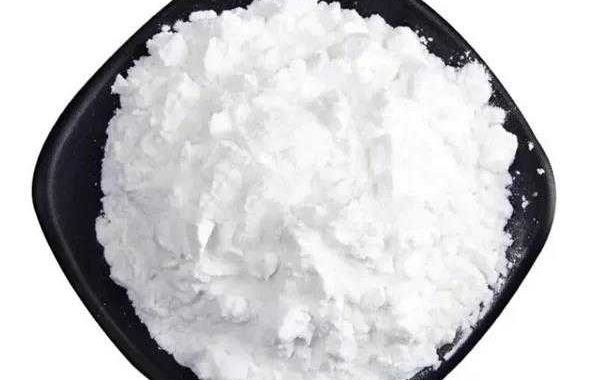Although we have a lot of chemical products in our lives, we still cannot ignore the toxicity of some chemical substances. You must know that in order for some chemicals to coexist with humans, the scientist department has to go through thousands of experiments before all its standards are up to the standard before it is put into production. However, in chemical production workshops, many raw materials must be used with special attention. P-chlorophenol is an important chemical substance, which can be used in many industries besides industry. So, is p-chlorophenol highly toxic?
Uses of p-chlorophenol:
P-Chlorophenol, also known as p-chlorophenol, pure product is colorless crystal, industrial product is yellow or pink crystal or powder. Easily volatile, steam has an unpleasant pungent smell. P-Chlorophenol is mainly used in pesticides, medicine, dyes, plastics and other industries. It is also used as a color changing agent for ethanol, a selective solvent for refined mineral oil, and microanalysis.
Properties of p-chlorophenol:
P-Chlorophenol is combustible when exposed to open flames and high heat, and pyrolysis produces toxic and corrosive fumes. It has a strong stimulating effect on eyes, mucous membranes, breathing and skin. After inhalation, it may cause death due to inflammation, edema, spasm, chemical pneumonia, and pulmonary edema of the larynx and bronchi. Poisoning manifestations include burning sensation, cough, wheezing, laryngitis, headache and nausea.
In animal experiments, after a few minutes of ingestion of p-chlorophenol, he developed restlessness, accelerated breathing, and rapidly developed symptoms such as weakness, tremor, clonic convulsions, shortness of breath, coma, and even death. Toxic to aquatic organisms, may cause long-term adverse effects on the aquatic environment. The environmental impact of the by-products of the production process cannot be underestimated.
P-Chlorophenol is packaged in an iron drum lined with plastic film or kraft paper, and placed in a dry, ventilated and cool place. Keep away from fire sources, and avoid mixed shipment with iron salts, heavy metal salts, potassium permanganate, hydrogen peroxide, iodine, bromine, protein, collodion, etc.






